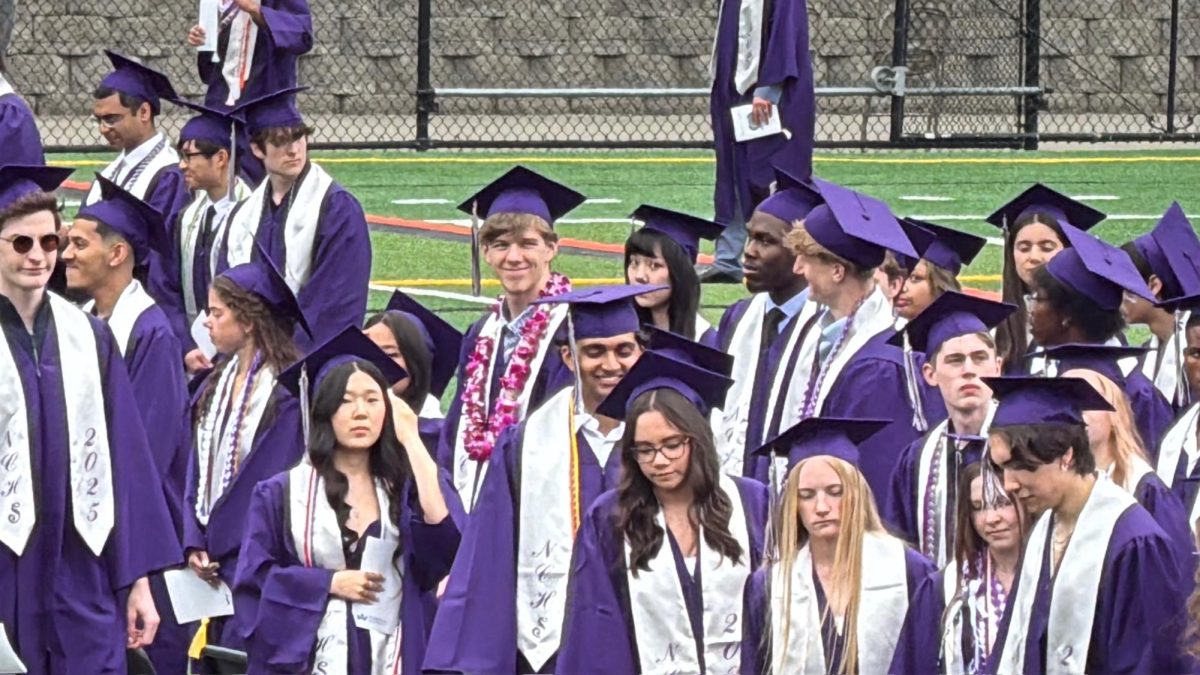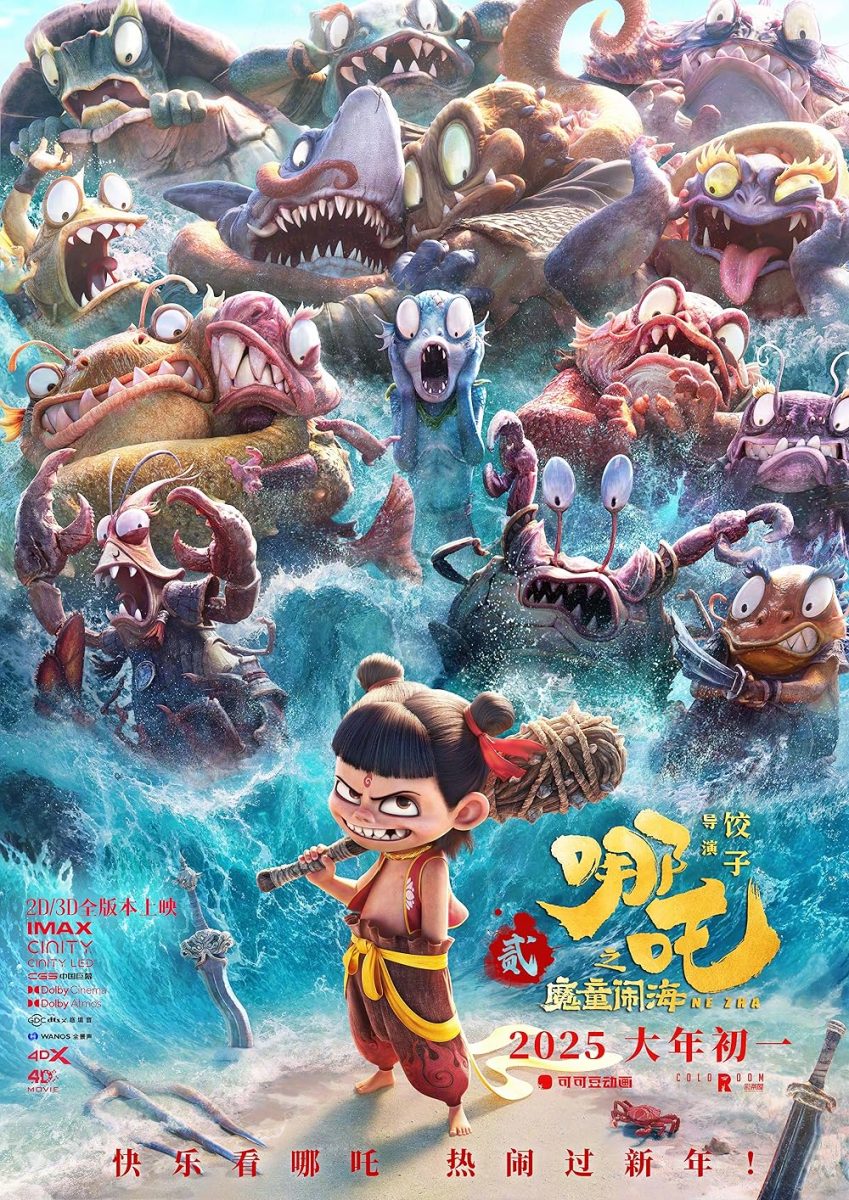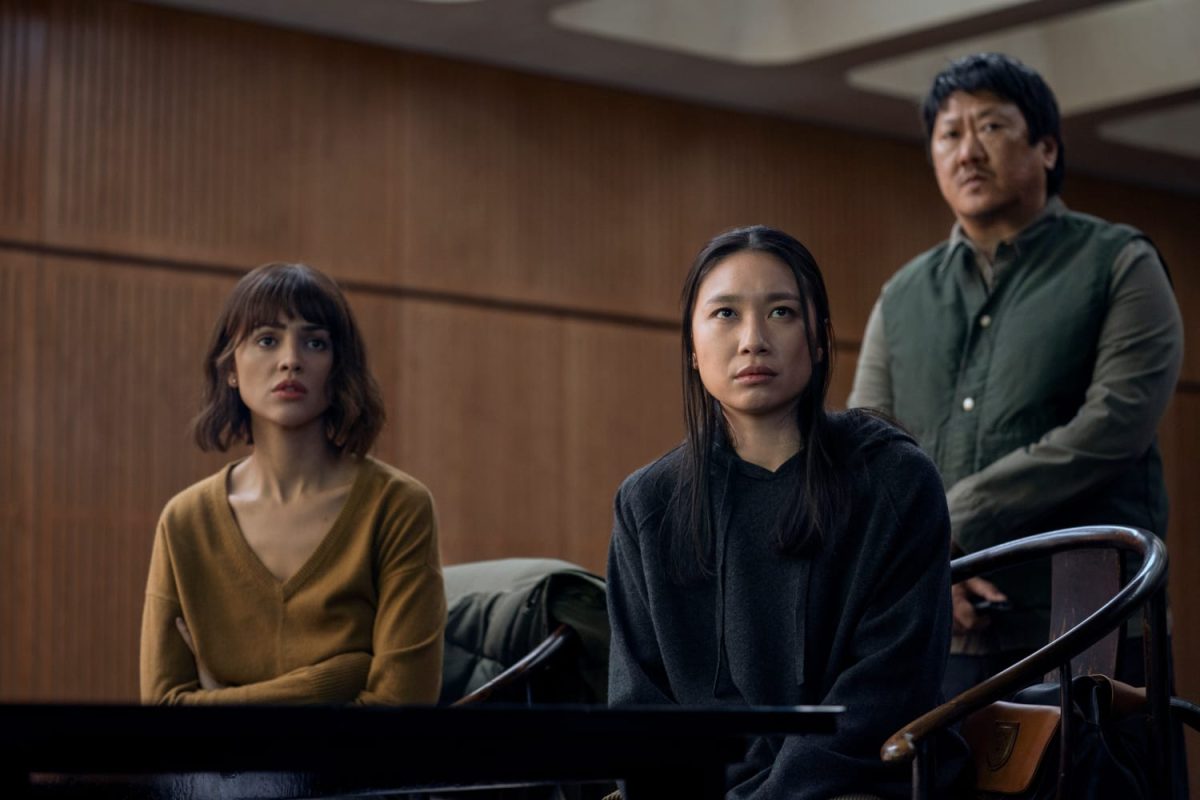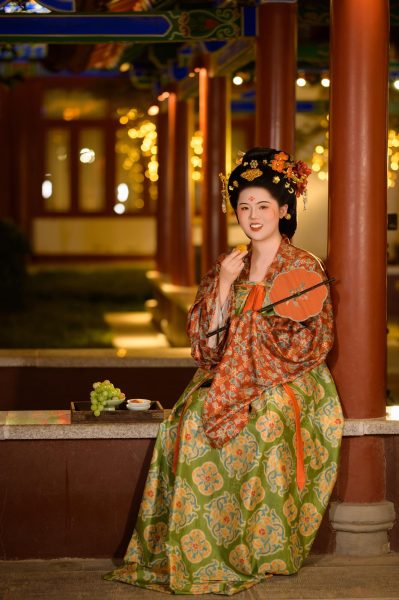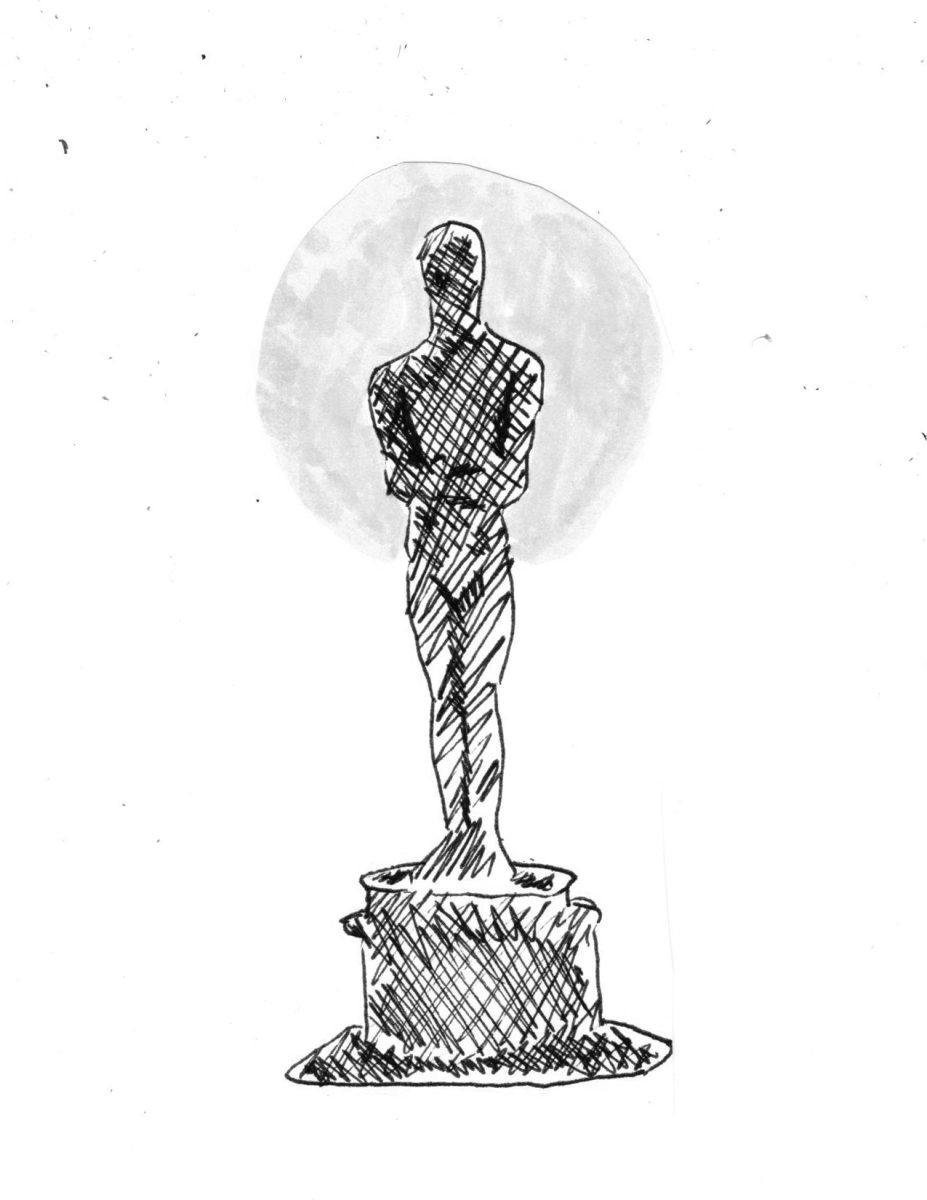Originally Printed in the May 2024 Issue of The Jaguar Journal
The acclaimed novel The Three-Body Problem, which is part of the series named Rememberance of Earth’s Past, has recently received international attention once more after being adapted into two television and one animated series. The author, Liu Cixin, whose work won a Hugo Award in 2015 and was nominated for the Nebula Award in the same year, sold adaptation rights to the novels to both companies, resulting in the release of two vastly different adaptations we have now.
The version released by the Chinese tech and media giant Tencent, produced and released in China, was directed by Yang Lei and premiered on January 15th, 2023, starring Zhang Luyi, Yu Hewei, Chen Jin, and Wang Ziwen. And then there is the Netflix adaptation we know of, which was created by David Benioff, D. B. Weiss, and Alexander Woo, and was premiered on March 21st, 2024, starring Jovan Adepo, John Bradley, Rosalind Chao, and Zine Tseng.
The plot of the Three-Body Problem is not hard to conceptualize at a glance. A Chinese scientist named Ye Wenjie, traumatized by the events of the Cultural Revolution and her father’s death, is disappointed with humanity and decides to reach out to extraterrestrial beings in order to induce the destruction of humanity and Earth itself. By the time the public finds out about these alien beings, factions begin to form amongst the general population, including those planning to welcome these aliens as superior beings, and those who prepare to fight the invasion.
The name of the novel itself is the name of a physics concept, a special case of the n-body problem, which is used to predict the motion of celestial objects as they interact with one another gravitationally. Both adaptations include the astonishing amount of physics from the original novel, which some may find rather dull.
However, aside from the general flaw that not all the audience is willing to listen to physics-talk, both versions have their own different pros and cons.
With the Netflix adaptation, a major concern of mine is the race-bending of many of the characters. Despite the creators having permission from the author of the original series to change the names of characters and race-bend them, removing the story from its original cultural context feels deeply unnecessary.
Additionally, the choice to cast international actors in the roles of the Chinese characters involved in the Cultural Revolution makes the series feel inauthentic.
The Cultural Revolution was a Communist socio-political movement occurring in China from the 1960s and 70s. It was an attempt to preserve Communism and purge the effects of capitalism and tradition from Chinese society. Anyone who was deemed anti-Communist could be in danger of physical harm, imprisonment, and sometimes even death. It was one of the most dark and yet influential parts of China’s recent history, but it is also difficult to replicate in media with accuracy. The idolization and fervent worship of Chairman Mao Zedong was brought to such an extreme that the entire movement became something of a modern witch-hunt. Spouses turned on one another. Siblings reported one another to the Red Guards, a Communist paramilitary founded by Chaiman Mao Zedong and responsible for carrying out much of the atrocities the nation saw during this era. Even Communist leaders like Zhou Enlai (the First Premier of the CCP) and Liu Shaoqi (President of the People’s Republic of China) were accused of being anti-Communist.
And on the topic of casting, a number of the characters from the novel have either been split into many different characters or race-bended. Major characters from the original novels such as Luo Ji, Yun Tianming and Hu Wen, who are characterized as Chinese, are race-bended to become Oxford physics doctorates, who are undoubtedly English. Thus, the series lacks the international perspective of the novels. The novels include many Chinese characters, yes, but there are a number of characters from across the world, such as Mike Evans and Colonel Stanton. To change most of the major characters to be all from one university limits the scope of the series.
Additionally, to take away the representation of originally Chinese characters and race-bend them seems almost deliberate. It doesn’t reflect well on the series as a whole, and there are many netizens in China who are also dissatisfied with what has been done to the beloved characters of the novels.
The Chinese series made by the media company Tencent has gotten better reviews in China, but is much lesser known across the international scene. The Netflix miniseries has its fair share of problems, but that doesn’t mean the television series is perfect either.
The Tencent web series version of the Three-Body Problem is 30 episodes long, compared to the 12-episode Netflix miniseries, guaranteeing its ability to render the details of the original novels on screen.
Additionally, the Chinese television series suffers from censorship, as most tv series produced in China do. The original novels start off with a scene in the middle of the Cultural Revolution. And yet, the Chinese tv series fails to replicate that, most likely due to the level of effort the Chinese government has gone to reduce the talk around the atrocities of its recent past.
As of now, the Netflix version of the series holds a 7.5/10 on IMDb, and the Chinese tv series holds a 7.6/10 on the same platform. It is hard to say which of the two adaptations will go down in cinematic history as the winner in this reach for acclaim, but it must be said that both series have its pros and cons, but both are well-written adaptations produced by companies and producers willing to put in money and effort.
However, I would like to draw attention to the novels at the end of this article. As good as the two adaptations can be, the atmosphere of the novels cannot be replicated. As a novel that has won many awards in the international sphere and whose fans include influential figures such as former US President Barack Obama, it cannot be understated how valued the novel series are in the sci-fi genre. It deals with not only concepts surrounding physics, but also darker, deeper themes such as the reaction of the masses in the face of despair, the potential new inventions have for destruction, and the trauma of betrayal and growing up in a dark environment. Thus, it is my personal wish that watchers of the Netflix series dig deeper into the content of the franchise. Maybe, just maybe, you will resonate with the themes presented in the novels, which are ever-relevant, even in a society without the risk of alien invasion.

